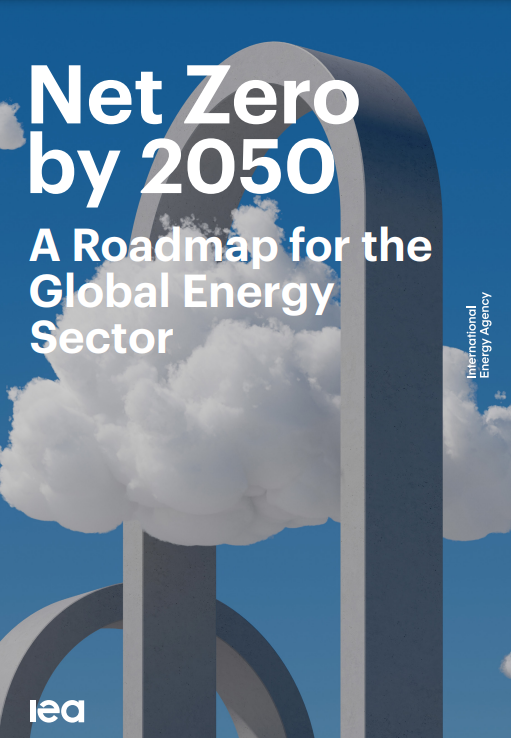The International Energy Agency (IEA) works with countries around the world to shape energy policies. In their Net Zero by 2050 roadmap, the IEA examines the full spectrum of energy issues, including transport demand, to enhance the reliability, affordability and sustainability of the global energy sector transition to Net Zero.
Transport is a very energy demanding sector and so behavioural change plays a particularly important role in it. In the specific case of aviation, demand would grow more than threefold globally between 2020 and 2050 in the absence of changes in behavior.
According to the IEA, “three changes lead to a 50% reduction in emissions from aviation in 2050, while reducing the number of flights by only 12%”. Business trips accounted for over one‐quarter of air travel before the pandemic, so keeping air travel for business purposes at 2019 levels avoids around 110 Mt CO2 in 2050.
Other changes include addressing long haul-flights specifically. The average emissions of these kinds of flights are 35‐times greater than from a regional flight, so avoiding them has a big potential for emissions reduction. Even if the opportunities for shifting regional flights to high‐speed rail vary by region, the IEA estimates that around 17% of regional flights could be shifted to rail by 2050, which would reduce emissions by around 45 Mt CO2 in 2050.

